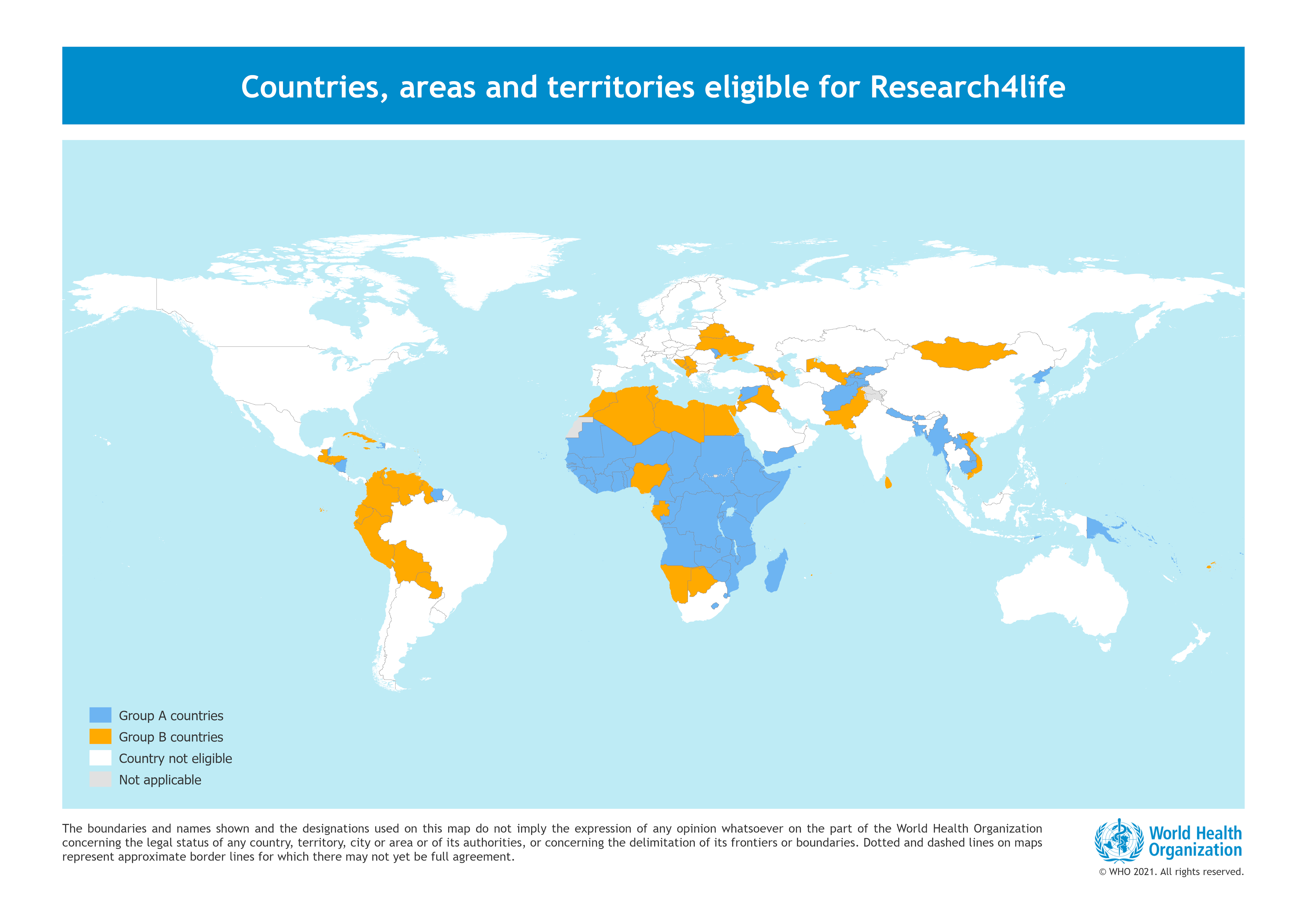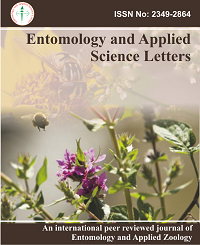
Applied Science Letters

There is no fee for manuscript submission to EASL. However, EASL charges an article processing fee to the author(s). Because, our journal normally works by subscription, for the articles to have open access, the author(s) is/are required to pay an article processing charge. EASL is an open-access journal, meaning all articles are available online immediately upon publication to anyone, anywhere, at any time. To support open access, the journal has an Article Publishing Charge (APC). The author(s) will be asked to pay the Article Processing Charge (APC) [USD 180- valid after August 15, 2022] to cover publications costs such as assigning DOI number, preparing the galley proof of the paper, professional editing et al. It is because the journal editors do not want rigorous work to be prevented from publication.
To help support researchers in low-to-middle-income countries, EASL provides full and partial waivers of article processing charges for manuscripts based on the corresponding author's listed affiliation. Authors need to request these waivers in the Submission Process.
Our waiver policy follows a two-tier approach:
Waiver requests outside of these two tiers may not be considered.
until preliminarily reviewed participation is voluntary so there is no penalty for refusing to participate, and the participants may withdraw at this time without penalty. After preliminarily review, the author is not allowed to withdraw submitted manuscripts because the withdrawal is a waste of valuable resources that editors and referees spent a great deal of time processing submitted manuscripts, money, and works invested by the publisher. If the author still requests withdrawal of his/her manuscript when the manuscript is still in the peer-reviewing process, the author will be punished with paying APC per manuscript, as a withdrawal penalty to the publisher.
Countries, areas, and territories

Core Offer countries, areas, and territories
Group A (free access)
|
|
|
|
